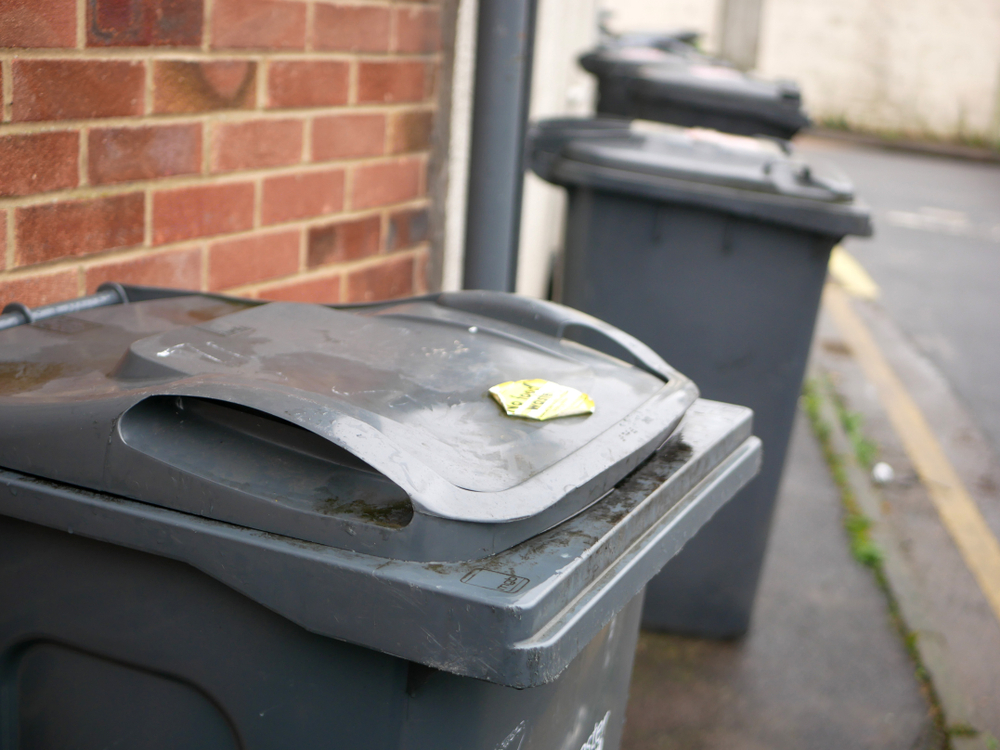The government launched a public consultation on long-term environmental targets for air, water, waste and biodiversity in March and received more than 180,000 responses.
Setting at least one long-term target in each of these areas was a key commitment outlined in the Environment Act of 2021.
The deadline to do so by, which the Department for Environment, Food and Rural Affairs (Defra) missed, was the end of October (see letsrecycle.com story).
The publication of the targets today confirms Defra’s intention to halve the amount of residual waste that goes to landfill or incineration by 2042, plans it first disclosed in March (see letsrecycle.com story).
Announcing the targets at the UN Convention in Montreal, environment secretary Dr Thérèse Coffey said: “We are committed to leaving our natural world in a better state for future generations, and today we are laying the foundations that will help deliver on this commitment.
“These targets are ambitious and will be challenging to achieve – but they will drive our efforts to restore our natural environment, protect our much-loved landscapes and green spaces and marine environment, as well as help tackle climate change.”
Defra says the government will publish an environmental improvement plan in January setting out in more detail how it will achieve the targets, including interim targets.
Residual waste
In March, Defra proposed it would measure its progress toward the residual waste target as a reduction from 2019 levels, estimated at approximately 560kg per capita. The target excludes “major mineral wastes”.

Defra proposed to measure at the endpoint of management to include the treatments typically associated with mixed residual waste, such as sending it to landfill, putting it through incineration, sending it overseas for energy recovery or using it in energy recovery for transport fuel.
The government will continue to review which treatments are “appropriate” to include as new technologies and treatment options emerge, Defra said.
Environment Agency data on permitted waste site activities and international waste shipments will be used to report on the metric.
Targets
Defra has published its targets as it aims to protect the environment, clean up the air and rivers and boost nature.
Aside from waste, the targets include halting the decline in species populations by 2030 and then increasing populations by at least 10% to exceed current levels by 2042, alongside restoring precious water bodies to their natural state by cracking down on harmful pollution from sewers and abandoned mines and improving water usage in households.
Defra says it will deliver its net zero ambitions and boost nature recovery by increasing tree and woodland cover to 16.5% of total land area in England by 2050 and cut exposure to the “most harmful air pollutant to human health”, ‘PM2’.
And, Defra has targeted restoring 70% of designated features in marine protected areas to “a favourable condition” by 2042, with the rest in a recovering condition.












Subscribe for free